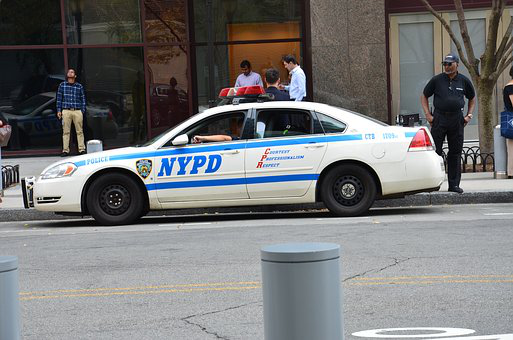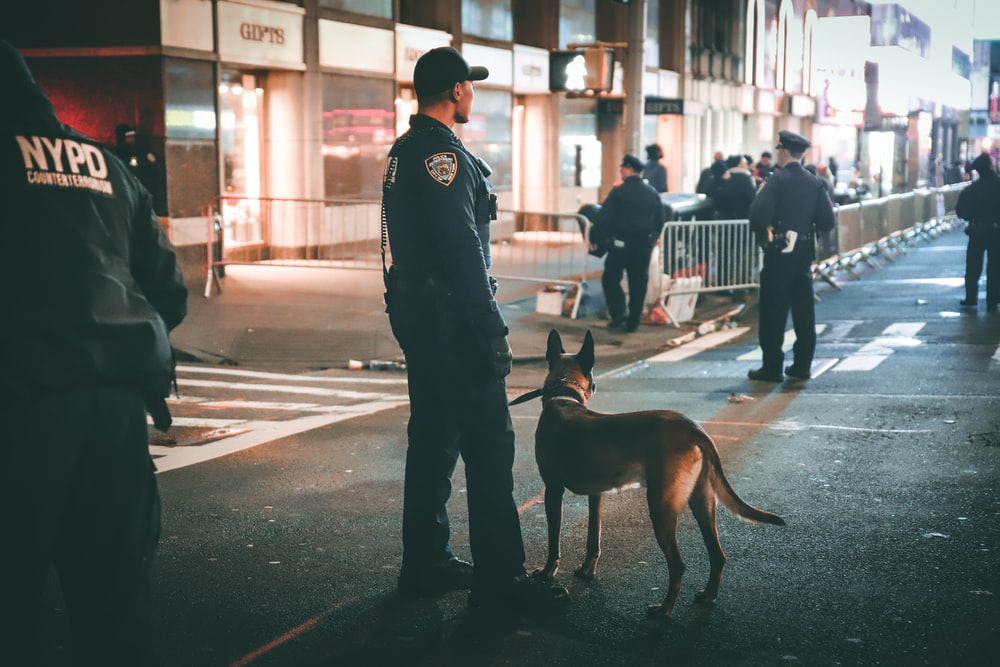
- admin
- December 3, 2020
- 7:34 pm
- No Comments
A Quick Look at the Police Officer Career Advancement Timeline
If you’re thinking of opting for a career as a law enforcement officer, there’s no shortage of compelling reasons to join the force. From incredible monetary perks and retirement benefits to high job satisfaction and great work-life balance, there are several incentives that make a job in law enforcement so attractive. Among these benefits is the fact that high-performing employees can rise through the ranks, regardless of their background.
Of course, not every career path in the police department is the same, but if you have the right skills, there’s a general timeline that new officers can expect to follow. Let’s take a look.
Police Academy and Training
All new recruits start off at the police academy, where they undergo about six months of rigorous training. Students have to take various courses on topics such as behavioral science, police science, physical training, combat tactics, first aid/CPR, and firearms training. This will prepare you for the next phase: field training.
The FTO period is particularly grueling, as it requires recruits to put all their prior training into practice. The training program lasts between 8 and 12 weeks, and all officers are closely monitored to ensure they have what it takes to meet the demands of the job.
The First Year
If you make it through the police academy, the next step will likely involve patrol duty under the supervision of a senior officer. This will put you in different situations and will help you develop the essential soft skills you need to deal with various kinds of people. This is where you’ll have to make decisions on your own and take accountability for them.
Since the first year is a probationary period, you’ll be watched closely by your supervisor and can be dismissed quite easily without repercussion.
Moving to Specialty Positions
After some time, you can choose to move into specialty units in the police academy, such as a K-9 unit, the SWAT team, a cybercrime specialist, an aviation expert, or many other specialized roles. These units are highly varied, and you can choose options that meet your personal work preferences. For instance, if you have a knack for computers, then the cybercrime unit would be an ideal match for your skillset.
Having exposure to different units can help you build work relationships and get a feel for each position.
Moving Up the Ranks
As you move up the ranks, the next position is police sergeant. This role involves more supervisory responsibilities; you’ll have to oversee several day-to-day functions, such as inspecting cars and uniforms, building team coordination, ensuring discipline and providing advice and guidance to new officers.
 Middle Management
Middle Management
As you move up, promotions can potentially come faster, depending on your performance. Many people are promoted within a year or two from sergeant to lieutenant and then captain. These roles involve more responsibility, as captains handle the operations of an entire precinct or district. Middle management positions allow individuals to hone their public relations skills, as they are ambassadors for the police department, particularly in their area.
Taking Command
Upper management comprises lieutenant colonels, majors, and assistant chiefs who provide leadership and direction for subordinates. To achieve this position, you’ll need to have anywhere from 15 to 25 years of experience. Additionally, you must display strong leadership skills and a willingness to grow through various law enforcement leadership programs.
 At the Top
At the Top
The Chief of Police Staff is the highest-ranking official in the department. Police chiefs supervise all activity in the department and work closely with elected government officials to ensure the safety and well-being of their region. Becoming a police chief requires about 20 years of experience, along with an extensive resume and recommendations from other senior officials.
Improve Your Chances of Making It into the Police Academy
Getting into the police force can be extremely rewarding—but it requires hard work and dedication. The first step in making it into the police force involves passing a comprehensive NYC civil service exam.
Civil Service Success has over 45 years of experience in helping candidates ace written and verbal tests in the Suffolk County police exam. With our comprehensive course materials and highly-qualified team of instructors, you can enhance your chances of passing the entry test and landing a coveted role in the police academy. From then on, the world is your oyster. By honing your skills and choosing the right opportunities, you can make your way to the top too.
Get in touch with us for more details about preparatory classes for other civil service positions, such as NYS Court Officer and NYC Firefighter.

